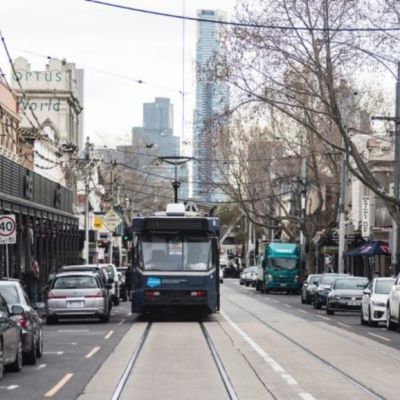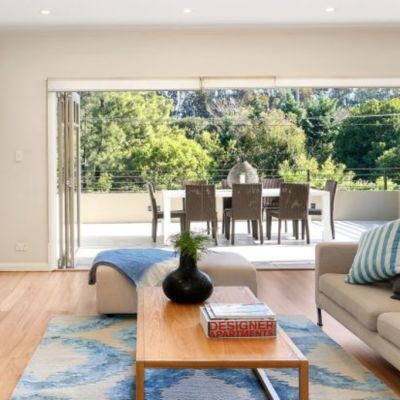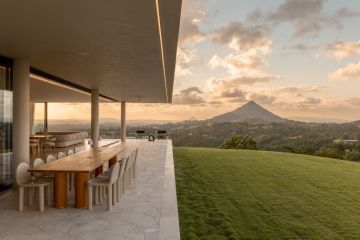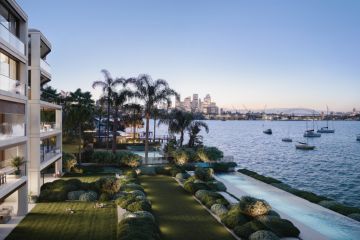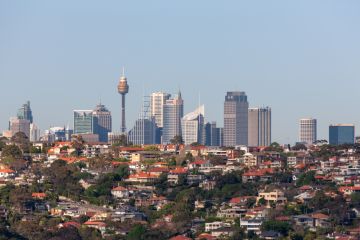How inner city apartment developments have killed Australian rock'n'roll
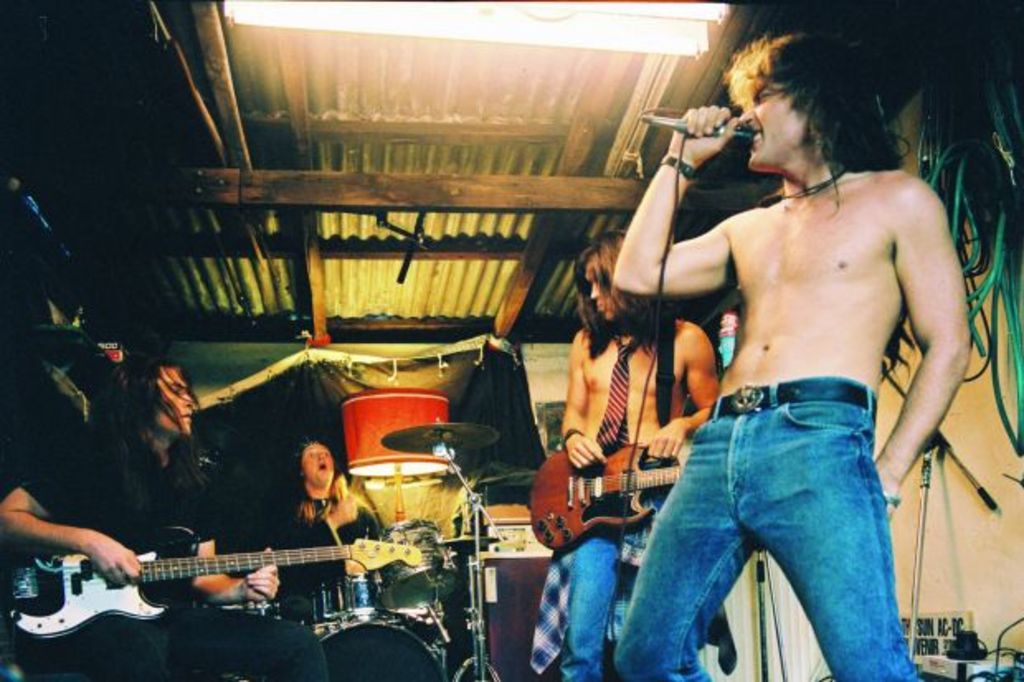
The march toward transforming all of our nation’s cities into a Jenga-block landscape of apartment buildings has a lot of unexpected costs. They change airflow of our streets and recirculate car exhausts. They put massive localised strain onto sewerage systems. And they destroy rock’n’roll.
“I understand,” you might reasonably reply. “The increased gentrification of our entertainment districts is destroying our most historically lively areas and closing down venues, which are not being replaced further out of the city even as the performers and audiences are forced to seek cheaper accommodations!”
And this is absolutely true, and is also a unique problem for music venues. But that’s only part of the story.
Sure, it’s insane that places of public entertainment are the only businesses who risk being shut down because someone’s moved into the area and decided that they simply don’t care for all that infernal racket.
If you move on to a main road or next door to a steel smelter and then ring the council to complain about the noise, you’d be gently and politely laughed at for being so foolish as to deliberately subject yourself to a regular noise source if it’s such a big concern of yours.
Yet make a noise complaint about the pub you’ve moved behind and they’ll stop having music on Sundays. Right, Harold Park Hotel?
Heck, even the most iconic venue in Australia is apparently not immune to complaints from jerk neighbours, as the Sydney Opera House discovered when they were fined after residents of the Toaster complained about the racket from a Florence and the Machine gig.
However, there’s another way that apartments are destroying our rock – and it’s more insidious than a few fun-hating residents. It’s that the way we live is stopping rock’n’roll music from being created in the first place.
The first chapter of How Music Works, written by former Talking Head and genius philosopher of music David Byrne, posits a fascinating theory that the music of each age is determined by the architecture in which it is performed.
The complex rhythms of African drumming developed, he argues, because they were played outdoors where they carried well and weren’t muddied by reflected sound from walls.
Plainsong was created in high ceilinged cathedrals of the Middle Ages, where long single notes reverberated beautifully but complex harmonies would have sounded messy.
Symphony orchestras evolved because the playhouses in which they performed were meeting places for the community and ensembles had to get bigger – and thus louder – to be heard over the talking and dancing.
Rock’n’roll music is made to be played in pubs and bars, where amplification is needed to be heard over the crowd. And playing with amps and loud drum kits requires musicians to have access to a space where noise can be made.
The space where this typically happened was so universal that it defined an entire genre: the garage band. So what happens when there are no more garages?
If we assume Byrne is right, you’d expect two things to happen. One, that the loudest music of our age to not come out of inner cities anymore. And two, that the music from cities will not be rock music.
The first point has been already established with outer suburbs like Blacktown becoming a hotbed of rock and metal, producing the likes of Thy Art Is Murder, Northlane and Tonight Alive.
And the second point? Take a listen to community radio like Sydney’s Fbi or Melbourne’s Triple Rs, where they play the youngest, newest bands, and you’ll notice that there’s a hell of a lot of stuff with stuttering beats, processed sounds, and whispery vocals. The sort of stuff, in fact, that doesn’t require amps or guitars or drums at all, but can be completely created on a laptop without disturbing the neighbours.
Not convinced? How about this: the last four years of the Triple J Hottest 100 have been won by Australian artists, one of which – the Rubens – is a five-piece rock band. The others? Two whispery, twitchy electronic acts (Chet Faker in 2014, Flume in 2016) and strummy ukulele perfect for bank commercials (Vance Joy in 2013).
And from whence do they hail? Joy is from Toorak. Faker, who now records under his birthname of Nick Murphy, is a born and bred Melbourne boy. And Flume – aka Harry Streten – grew up on Sydney’s Northern Beaches. Metropolitan artists all.
The Rubens, meanwhile, are from Menangle, in the Macarthur region of NSW. Nice place. Not many people. Lots of room to make a racket.
The conclusion is inescapable. Those thin, cheap, internal walls in our apartment complexes are not just saving developers money: they’re changing the sound of Australian music.
Or to put it another way: our nation’s developers are literally destroying rock with gyprock.
We recommend
We thought you might like
States
Capital Cities
Capital Cities - Rentals
Popular Areas
Allhomes
More
